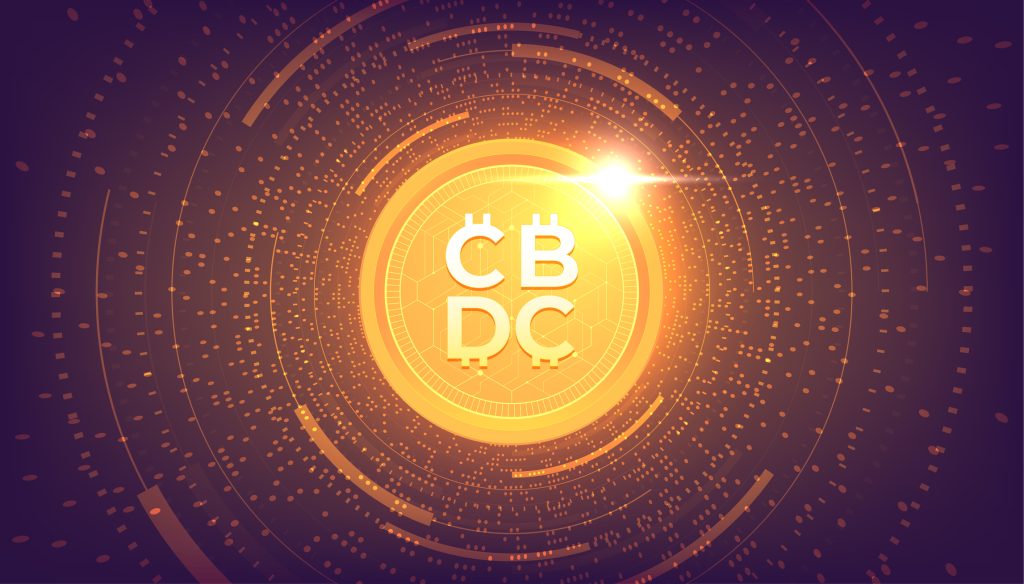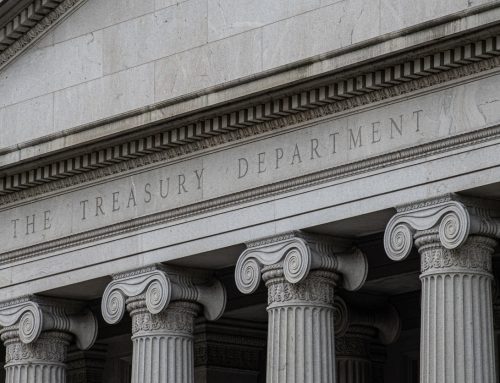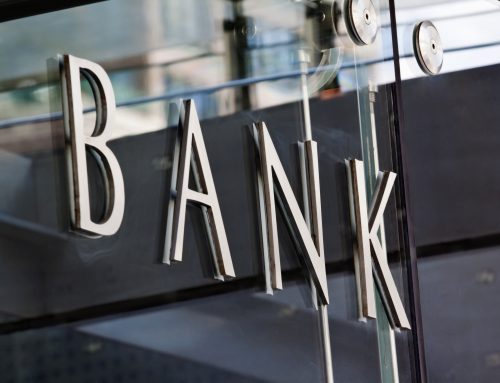
Cash is something used less and less as the years go by. Now that people can pay for things using credit cards and even their phones at the store, there is less of a need for paper money. With online shopping, all you have to do is punch a few numbers and your money can be moved anywhere in the world. The thing you bought shows up on your doorstep–no physical cash necessary. Even things like bank transfers and paychecks are mostly done digitally, which makes those little green pieces of paper that we call money seem like they aren’t really that essential.
There are obvious problems in a world where our money is only digital. You may have had a security breach in an account that stored your banking info. You may have even had people take money directly from your account. And while robbing people can look very different now than it used to, it is still very possible. But most of all, a world where money is only digital means that your money is always with a bank or other financial institution rather than in your wallet or in your ultimate control.
But our government has been considering the addition of an official digital dollar, which would allow you to move and access your money digitally outside of the banking system. There have been no major steps to make this change in our country, though studies are being done by the Federal Reserve to see if this change would be feasible and valuable to the US.[1] Several nations across the world have already implemented a digital currency.[2]
The technical term for a government implementing a digital currency is a Central Bank Digital Currency. It is sometimes abbreviated to CBDC. This is not the same as cryptocurrency because it is centrally controlled: generally, cryptocurrency is decentralized and not controlled by any one person.[3] It is also different from cryptocurrency in that it is not volatile and highly variable in value. While inflation and changes in the value of a government currency do happen, the changes are not nearly as extreme as they can be for cryptocurrency. Much like the dollar, the value of a US-backed Central Bank Digital Currency would not fluctuate very much at all.[4]
Even without the introduction of a CBDC, we are currently in a period where the financial world is changing rapidly. If you are concerned about how these changes might affect your retirement, Click HERE to reach out to one of our professionals at MILES Financial Group for a complimentary review of your finances today.









